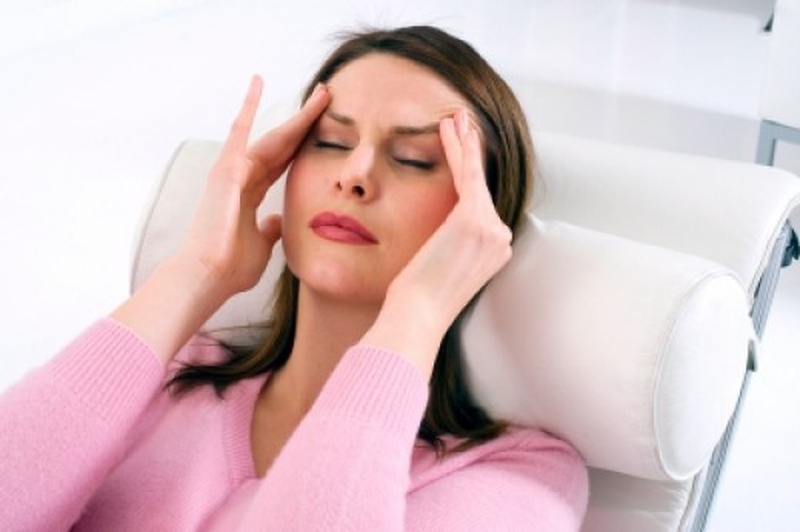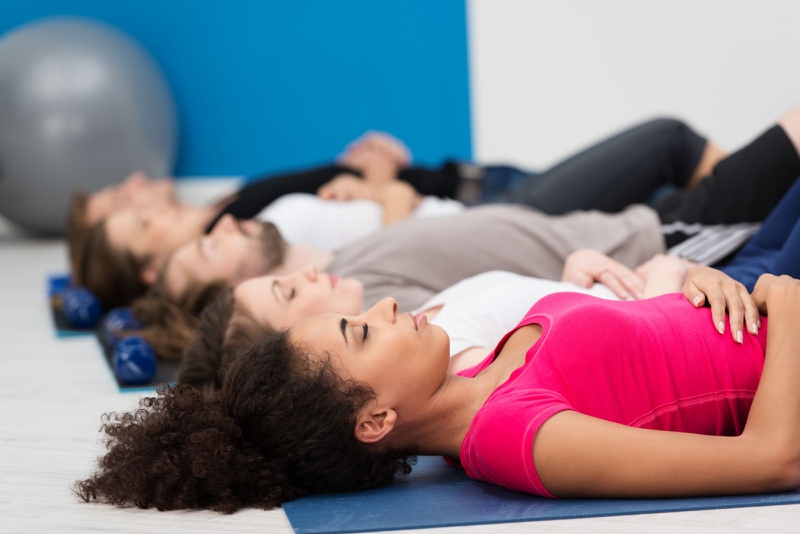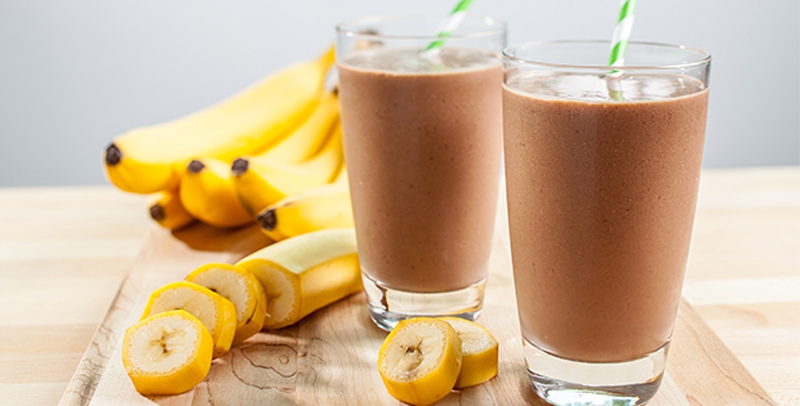Many people have experienced some form of dizziness. From feeling lightheaded to feeling off-balanced, it's a common occurrence most have suffered and while many believe dizziness can be classified as a disease, it is typically a symptom of some other health issues. Low blood sugar, certain heart disease, anemia, low blood pressure, tinnitus, vision disorder, neurological disorders, head injuries and many other health problems can all exhibit dizziness as a symptom of the condition. Dizziness can also be a symptom of less serious issues like dehydration, stress, motion sickness, medication side effect or excessive exercising. Whatever is causing you to become faint and lightheaded, you are probably asking how to stop dizziness. This article will help reveal some effective and quick ways to rid you of the dizzy feelings.

Feel Dizziness? Stop It Quickly and Effectively with These Tips
Have a Seat or Lie Down
As soon as you feel begin to feel dizzy, your best option is to sit down immediately. Trying to stand or walk while you are feeling dizzy will most often result in falling over. Sitting will allow your body to better adjust to whatever may have caused the faintness. Sit for a few minutes until you do not feel dizzy anymore if you can let your head rest between your legs. Doing this will allow you to regain your balance quicker.
Slow Down
If you suffer from dizziness often, it is best to keep your movement slow and avoid any sudden moves. This can be especially true in the mornings when you are getting out bed. Begin by sitting up slowly and then slowly place your feet on the floor. Take in a few of deep breaths before you slowly lift yourself off the bed. Make sure you have something close by to keep yourself steady with as you get out of bed and take another couple of deep breaths before you begin to walk.
Many people also suffer from becoming dizzy by standing up too fast. To help avoid this dizziness, flex your legs a few times to get the circulation moving back in your legs. As you stand, keep your focus on something at eye level and maintain your breathing. Before you begin to walk, make sure you have your balance and if needed, use a cane or something to help give you support as you walk.
Focus on Your Breath
Getting enough oxygen to the brain while relaxing the nervous system can be one of the best ways for how to stop dizziness. To do this you will want to practice some deep breathing exercises.
Begin by lying on your back.
One hand should be placed on your abdomen. The other hand should be placed near the face so the thumb can cover one nostril.
With your mouth closed, begin to inhale through the open nostril. You should slowly fill the stomach with air.
Close both nostrils and hold the breath for a few seconds before pursing the lips.
Begin to exhale the air from your stomach slowly through your mouth.
Then switch the closed nostril and repeat the steps. Do this on each nostril about ten times.
Once you have finished, remain lying down for five minutes breathing normally before getting up.
Stay Hydrated
Dizziness is a common symptom
Take slowly small sips if you are already dizzy.
Drink enough water until you feel hydrated.
Try to drink at least 8 glasses of water throughout the day, but you may need more as this varies from person to person.
Eat Properly
Low blood sugar is another common cause for dizziness, especial for those who have diabetes. Going for too long without eating will also make you faint and dizzy. How to stop dizziness can be avoided if you eat enough throughout the day or eat when you begin to feel dizzy.
Chocolate and bananas are ideal foods to eat when feeling dizzy but other high carbohydrate and sugar foods can also be good.
Try to eat a piece of fruit that has a high water concentrate.
Cashews, walnuts, almond or any other type of roasted nut can also help reduce dizziness.
Natural and Home Remedies
There are a number of home remedies you can utilize to help ward off feelings of dizziness.
Ginger has been shown to help stimulate blood flow to the brain which will help alleviate dizziness. You can find ginger supplements, drink ginger tea or slice up raw ginger and chew on a small piece.
Honey mixed with apple cider vinegar can be used as a long-term remedy to reduce your dizzy spells. The apple cider vinegar will help regulate blood pressure and sugar. Combine two teaspoons of honey and two teaspoons of apple cider vinegar in a small glass of water and drink this mixture three times a day.
To help reduce dizziness while also controlling blood pressure, drink a combination of three teaspoons of lemon in an eight-ounce glass of water. Mix in a pinch of salt and pepper.
Medications
There are a few over the counter medication you can purchase to help treat dizziness. How to stop dizziness can be done by taking meclizine or dimenhydrinate.
Meclizine also known as Bonin or Antivert is often used to help treat vertigo. This medication is said to help reduce sensitivity in the central nervous system that deals with the balance centers.
Dimenhydrinate or Dramamine is commonly used to treat motion sickness. This medication helps decrease dizziness by settling the stomach.
Warnings:
If you suffer from long-term or frequent dizzy spell, you should see a doctor. If you experience any of the following symptoms along with dizziness, this could be a more serious health issue.
Weakness in the limbs
Difficulty walking
Unconsciousness
Trouble speaking
Vision problems
Numbness
Severe headache
Severe ear ache
Fever above 100 degrees
Slowed heart rate
Chest pain







View All Comments /Add Comment